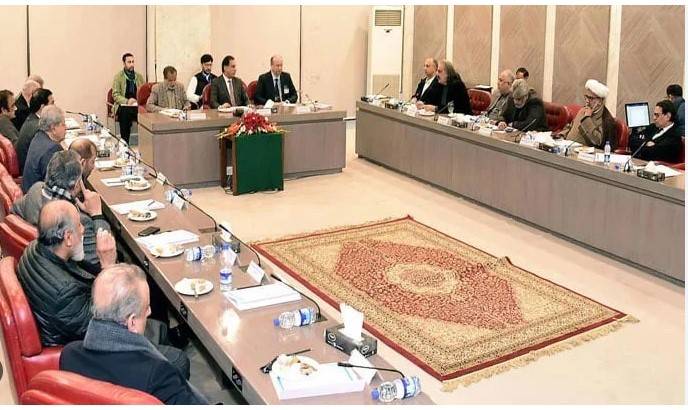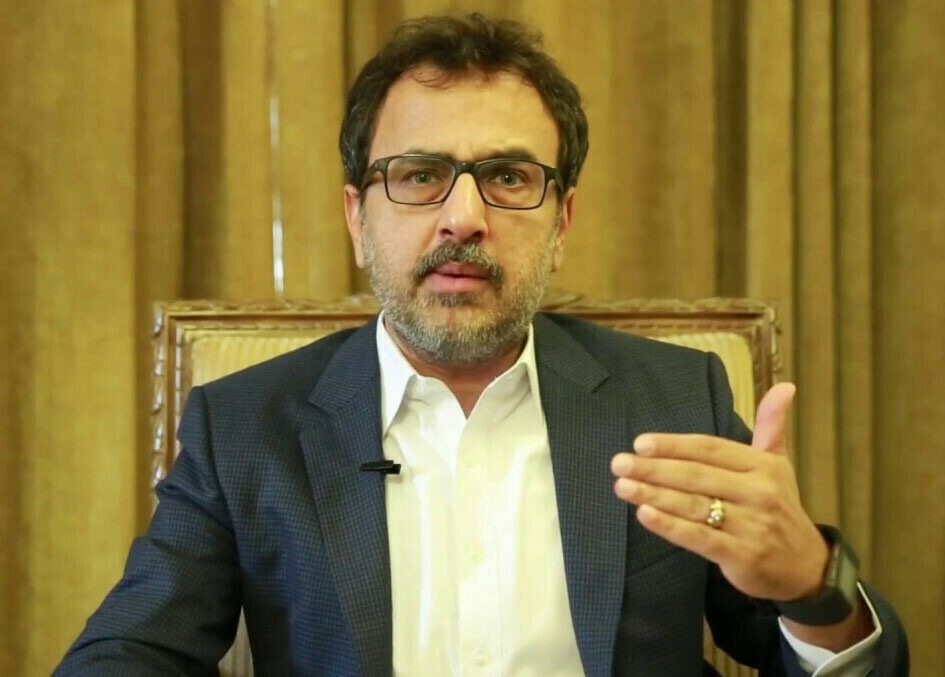PTBP Web Desk
Today marks a pivotal moment in Pakistan’s political landscape as the National Assembly Speaker Ayaz Sadiq chairs another round of dialogue between the government and the Pakistan Tehreek-e-Insaf (PTI). This session, however, faces significant uncertainty due to the PTI’s decision to abstain from the meeting.
Scheduled for today, this fourth session was intended to continue the dialogue process aimed at resolving ongoing political tensions. The government, led by PML-N, was prepared to submit its written response to the PTI’s charter of demands. This document was expected to address key issues raised by PTI, particularly their insistence on the formation of a judicial commission to investigate certain political incidents.
Chairman of PTI, Barrister Gohar Ali Khan, made it clear in a media interaction yesterday that his party would not participate in this session. He cited the government’s failure to meet PTI’s demand for a judicial commission within the seven-day deadline previously communicated. This stance reflects growing impatience within PTI regarding the government’s responsiveness to their grievances.
PML-N Senator Irfan Siddiqui, representing the government, expressed a conditional approach to the negotiations. He mentioned that if PTI remains absent, the government might consider dissolving the negotiating committee. Siddiqui also clarified that there was no prior commitment from the government to establish the judicial commission before this session, hinting at a strategy of persuasion rather than preemptive action. He suggested, “You attend the session, perhaps you may get the judicial commission, or some other way-out,” indicating an openness to negotiation but under the condition of PTI’s participation.
The absence of PTI from today’s meeting could lead to several potential outcomes:
Negotiation Breakdown: The refusal to attend might signal the end of this particular dialogue effort, pushing both sides further apart in an already polarized political environment.
Government’s Response: As per Siddiqui’s statements, the government might reassess its approach to negotiations, possibly leading to a more unilateral strategy or a complete overhaul of how they engage with opposition parties.
Political Implications: This development could have broader implications for political stability, public perception, and the upcoming electoral landscape in Pakistan. The failure to reach a consensus might fuel further public discontent or lead to increased political activism.
The demand for a judicial commission by PTI is central to this dialogue, as it relates to their push for accountability and transparency in political processes. The commission is seen by PTI as a mechanism to ensure that past political actions are scrutinized fairly, potentially affecting how future political engagements are handled.
The public’s view on these negotiations has been mixed, with many calling for a resolution to the political deadlock that has characterized Pakistan’s recent political scene. The absence of PTI from this session might be interpreted by some as a lack of commitment to dialogue, while others might see it as a justified protest against perceived government inaction.
As the session proceeds without PTI, the focus will be on how the government frames its next steps. Will they continue to extend an olive branch, or will they adopt a harder line? Meanwhile, PTI’s strategy of non-participation could either backfire or prove to be a strong political statement, depending on public and international reactions.




